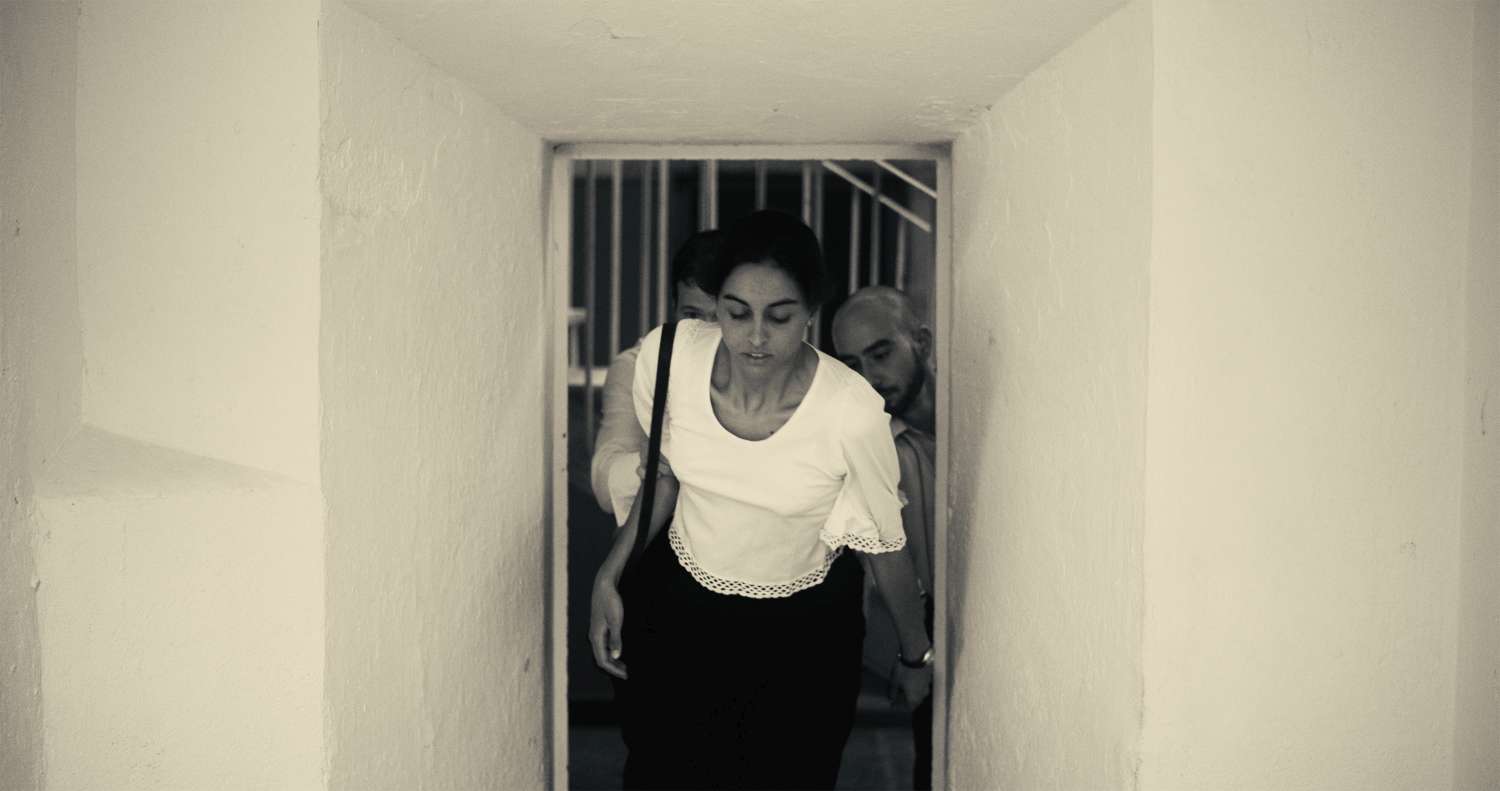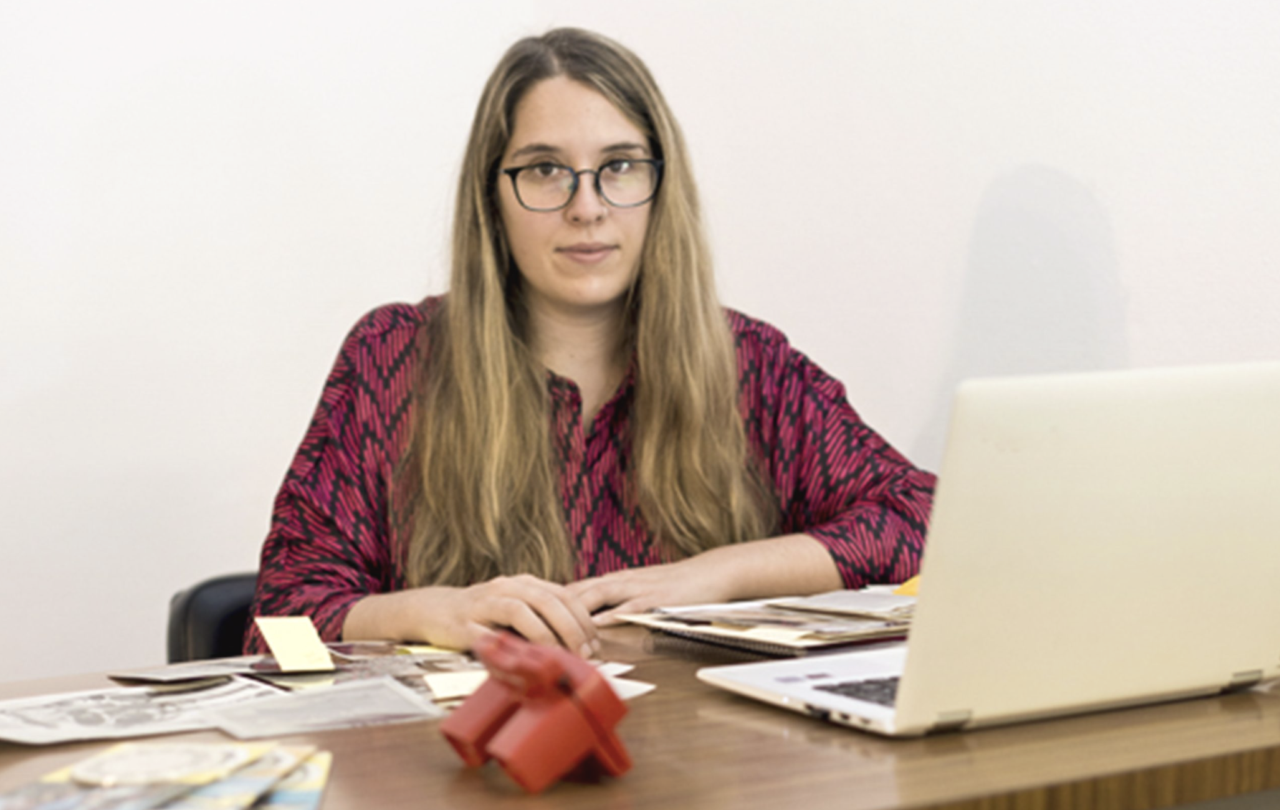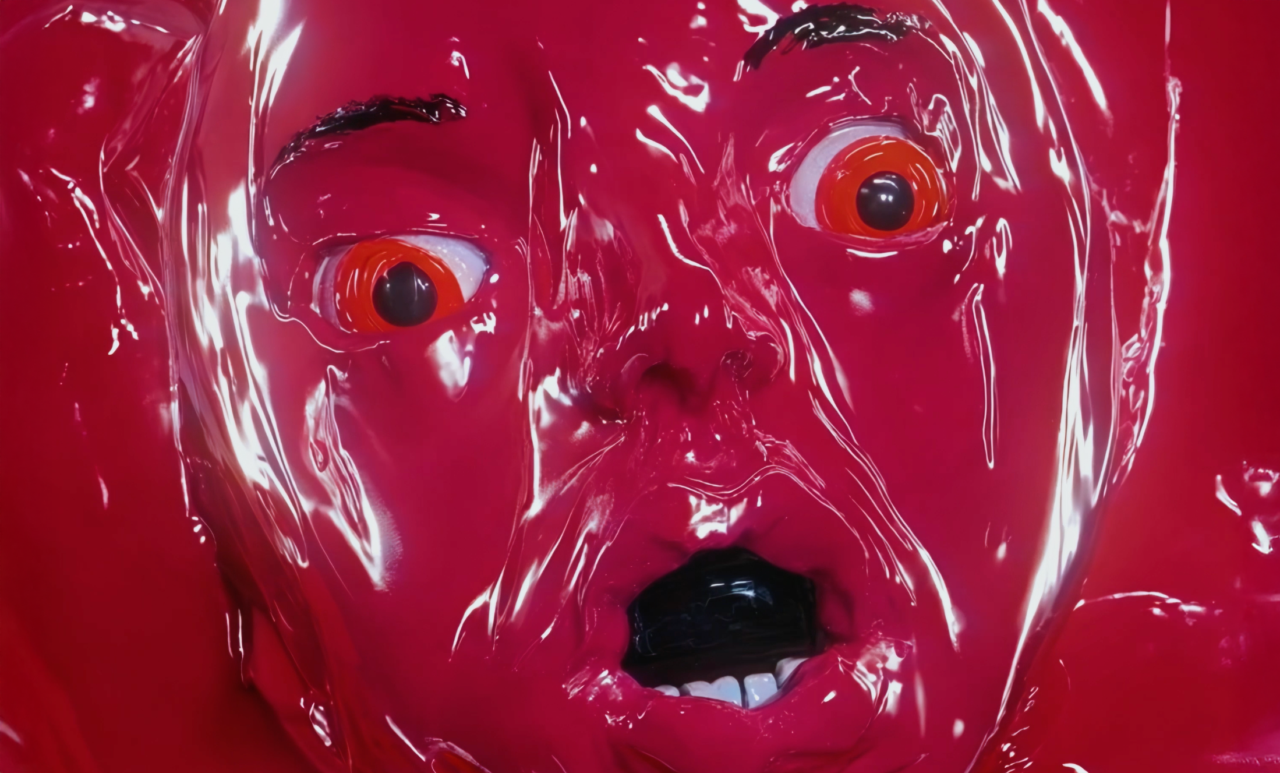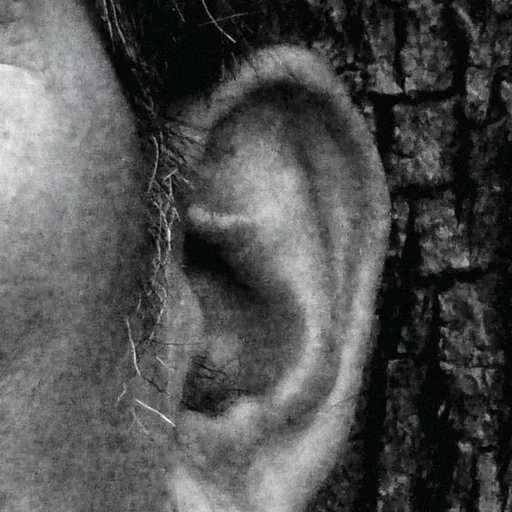The Return of the Gaze: The Political Task of Narration. Paloma Polo
‘[The telling is] all we have,’ said Ursula K. Le Guin through one of her characters in the novel The Telling (2000). Far from understanding history as an immutable, definitive and unambiguous construct that repeats itself ad infinitum―although this is sometimes claimed―the telling inscribes what is told in a political-affective transformation in which the past, present and future simultaneously intermingle. What are our stories? Which narratives are missing or absent? Where is history when it is not told or when it is ideologically made invisible or suppressed? These questions underlie and are updated in the process of telling. The task of narrating is consequently defined as highly political.
The work of Paloma Polo (Madrid, 1983) focuses on truly precise historical events, narratives that have been part of hegemonic colonial-patriarchal foundations, as well as others that have been discarded or silenced. The artist has therefore immersed herself in long-term research, taking in and confronting a variety of sources that open up spaces for listening, dialogue and cooperation.
Structured around four central strands that are activated by the following projects: The Path of Totality (2010), Dulcinea (2022), El barro de la revolución (Mud of the Revolution, 2019) and C’est vouloir se jeter au fond du lac pour conserver sa vie (Like Throwing Yourself to the Bottom of the Lake to Save Your Life, 2024). This last, unseen project has been produced by La Virreina Centre de la Imatge, among others. The exhibition creates a dialogue between these areas through materials from the artist’s archive that have rarely been included in exhibitions, although they document the contexts and methodologies used in each proposal.
Curator: Mabel Tapia





